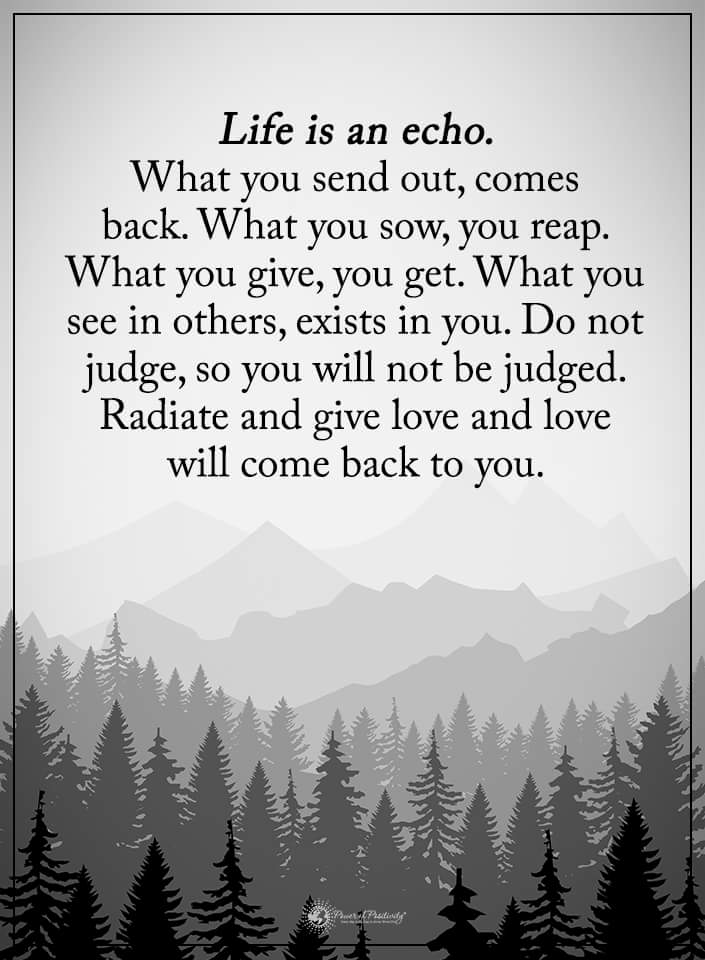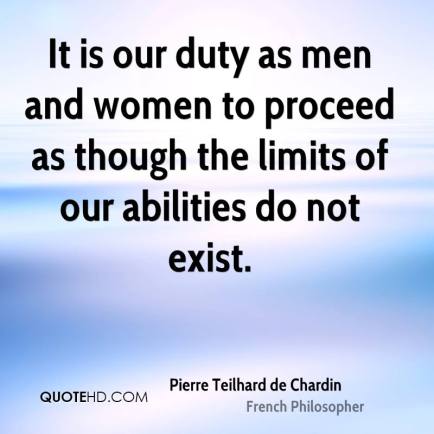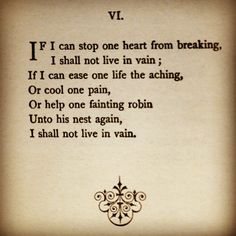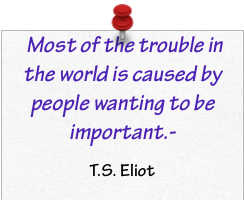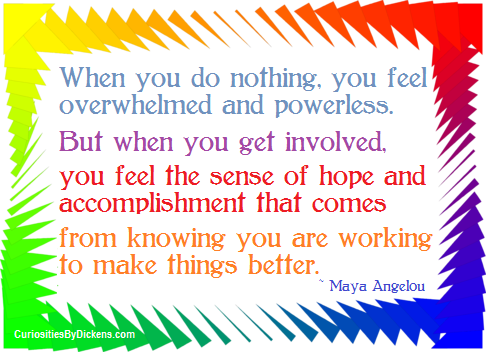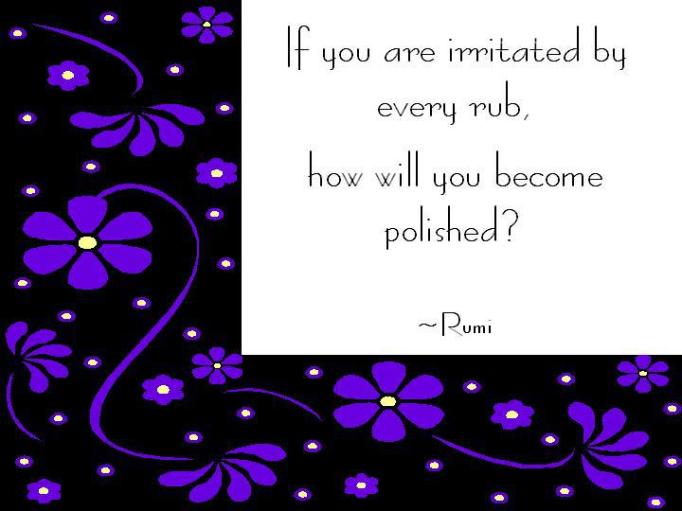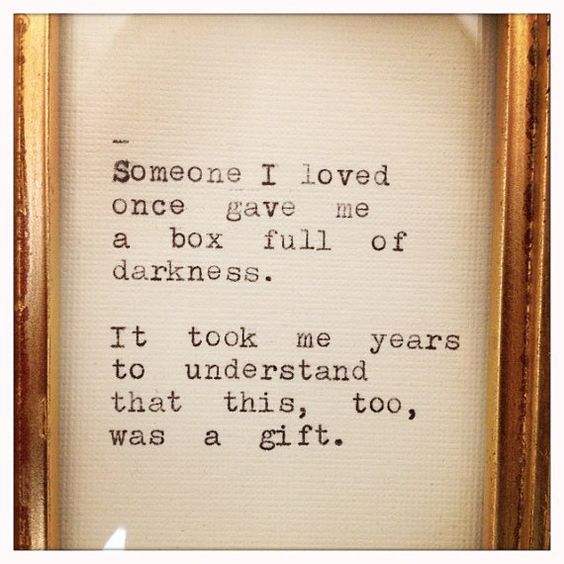
–Mary Oliver
When people accidently (or otherwise) give me a box full of darkness, the day may come when I, too, as Mary Oliver, understand that the box of darkness was a gift. That inability to know how things play out in the long run is the absolute best reason I can think of for not complaining.
But, there are more:
- The world is overflowing with critics. I don’t want to be common and boring.
- Sometimes my actions are the root causes for things I am blaming on others.
- Complaining makes me frown and frowns make wrinkles.
- Complaining makes people defensive, but setting boundaries and asking for change from a place of healthy detachment sets up win-wins.
